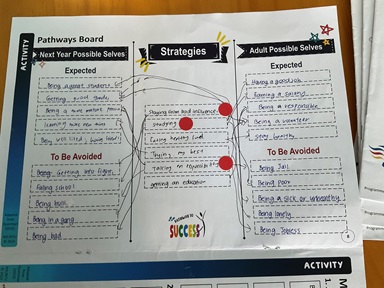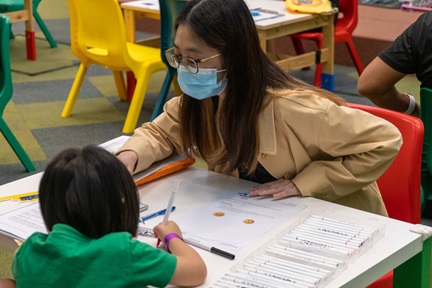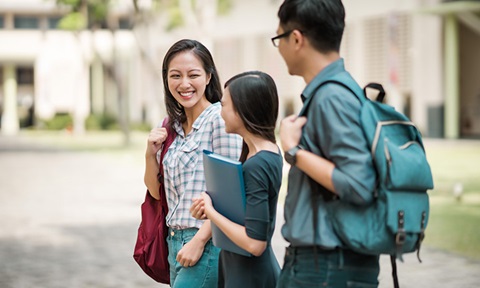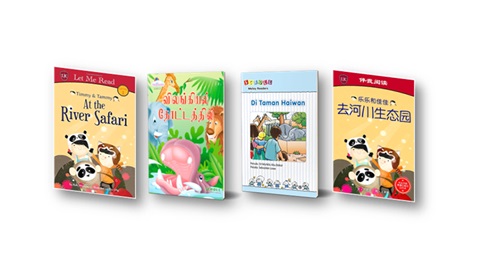Maker Motes - Bringing Real-World Learning to Singapore Classrooms
OER 28/19 LYT - Designing for greater authenticity in Geographical Investigations (GI) through local microclimate studies with the Internet of Things (IoT) and open-source environmental sensors
Project Team
PI: Dr Kenneth Lim Yang Teck, CRPP, NIE
Co-PI: Dr Tricia Seow, HSSE, NIE
Co-PI: Mr Soo Jiunn Huat, ETD, MOE
Co-PI: Mr Josef Tan, CPDD2, MOE
Project Description
Geography education is evolving to emphasize real-world understanding of complex environments. Since 2015, the research team has collaborated with about a dozen Singapore secondary schools to deploy 'Maker Motes,' transforming campuses into interactive learning labs. Since then, numerous research projects have been conducted in this area, building on the learning from previous work. This particular study, conducted from 2020 to 2024 with the involvement of five Singapore secondary schools, supports the 2024 nationwide roll-out of Subject-Based Banding, by providing authentic learning experiences.
As part of the intervention, a network of low-cost, open-source, unobtrusive environmental sensors called 'Maker Motes' were placed throughout the school campuses. These IoT devices allowed teachers to design more authentic curricular goals that encouraged students to interrogate real-world microclimatic data from a familiar environment.
In four regular secondary schools (Sites 1-4), the sensor-based geographical inquiry approach was embedded within the formal geography curriculum. At a specialized school (Site 5) which did not include geography in its formal curriculum, the intervention was uniquely adapted to a gardening Co-Curricular Activity (CCA).
The sensor-based geographical inquiry approach significantly enhanced students’ intrinsic motivation and improved their perceptions of the learning environment, particularly for Normal (Academic) students. The integration of authentic data and emphasis on hands-on learning transformed abstract concepts into tangible experiences, fostering deeper engagement and understanding across all academic bands.
Project Implications
As Singapore transitioned to full subject-based banding in all secondary schools in 2024, the sensor-based geographical inquiry approach was particularly beneficial for G2 students in helping them develop a deeper understanding of geography.
Expanding on these approaches can help prepare students to become active contributors to Smart Nation goals, equipping them with the necessary data literacy skills for the data-driven future. Key implications include:
- A geography curriculum designed with a focus on making and outdoor learning significantly benefits G2 and G3 students, enhancing engagement, understanding of complex skills, and development of critical thinking;
- Integrating real-world data collection tools and hands-on learning transforms abstract concepts into concrete experiences, fostering deeper engagement and understanding across all bands; and
- As Singapore transitioned to full subject-based banding in 2024, this sensor-based geographical inquiry approach plays a vital role in engaging and motivating G2 students to develop a strong foundation in geographical concepts and skills.
Resources
Selected Articles:
- Lim, K. Y. T., D. J. Njondimackal, and J. B. Lok, “Conceptualising, designing, and enacting a Zone of Proximal Development for an after-school coding curriculum” in Hung, D. (Ed.) Moving beyond grades to purposeful learning: lessons from Singaporean research, Dordrecht, The Netherlands: Springer, 2023.
- Lim, K. Y. T., Wu, X., Dong, Y., and B. H. Tan, “Ventilation rates of classrooms as an example of authentic inquiry in STEM” in Proceedings of the Redesigning Pedagogy International Conference in the track on Science Education, Singapore, 31 May 2022.
- Lim, K. Y. T., L. Wu and S. He, “Nurturing maker dispositions among children with open-source tools: a case study of a junior high school in Singapore” in Hung, D., L. Wu and D. Kwek (Eds.) Diversifying schools: systemic catalysts for educational innovations in Singapore, Dordrecht, The Netherlands, pp. 33-48: Springer, 2022.






.tmb-listing.jpg?Culture=en&sfvrsn=b0306905_1)